When faced with the reality of elevated liver enzymes in your feline friend, it's natural to feel a surge of concern.
Every cat owner wants the best for their beloved pet, and a healthy liver is crucial to their overall well-being. But knowledge is a powerful ally.
This article offers a clear and concise look at feline liver health, guided by the expertise of the renowned Dr. Letrisa Miller.
From the vital function of liver enzymes to potential health implications for your cat, we present everything you need to know to stay informed and proactive.
Significance Of The Liver In Cats
The liver, the largest internal organ in both cats and humans, plays a vital role in maintaining overall health.
It performs numerous crucial functions, which you can explore in detail in our comprehensive article on Liver Disease In Cats.
This extraordinary organ can be susceptible to various health problems such as liver cancer, gallbladder inflammation, and even poisoning.
When something goes wrong with your cat's liver, this can be a serious problem. So, if Kitty's blood tests show elevated liver enzymes, how alarmed should you be?
We talked to veterinary expert Dr. Letrisa Miller - an award-winning veterinarian and a feline-only practitioner - and have some answers for you!
Understanding the Power of Enzymes
Let's refresh our knowledge of enzymes.
In simple terms, enzymes are proteins that can break down large molecules into smaller ones or create new compounds by combining smaller molecules.
They serve as essential tools within the body to regulate its intricate biochemistry.
The Liver: A Biochemical Marvel
Picture the liver as a fascinating factory right inside your cat's body. It has a remarkable ability to break down specific molecules, making them smaller and easier to handle.
At the same time, it puts together larger structures that are vital for storing energy and performing essential functions.
The liver takes on such complex tasks that it relies on a vast array of enzymes to keep this intricate factory running smoothly. It's truly awe-inspiring how the liver manages it all!
Liver Problems In Cats: What Your Vet Will Do
Your veterinarian has several methods to assess the health of your cat's liver, and blood tests are just one of them. Other diagnostic procedures include:
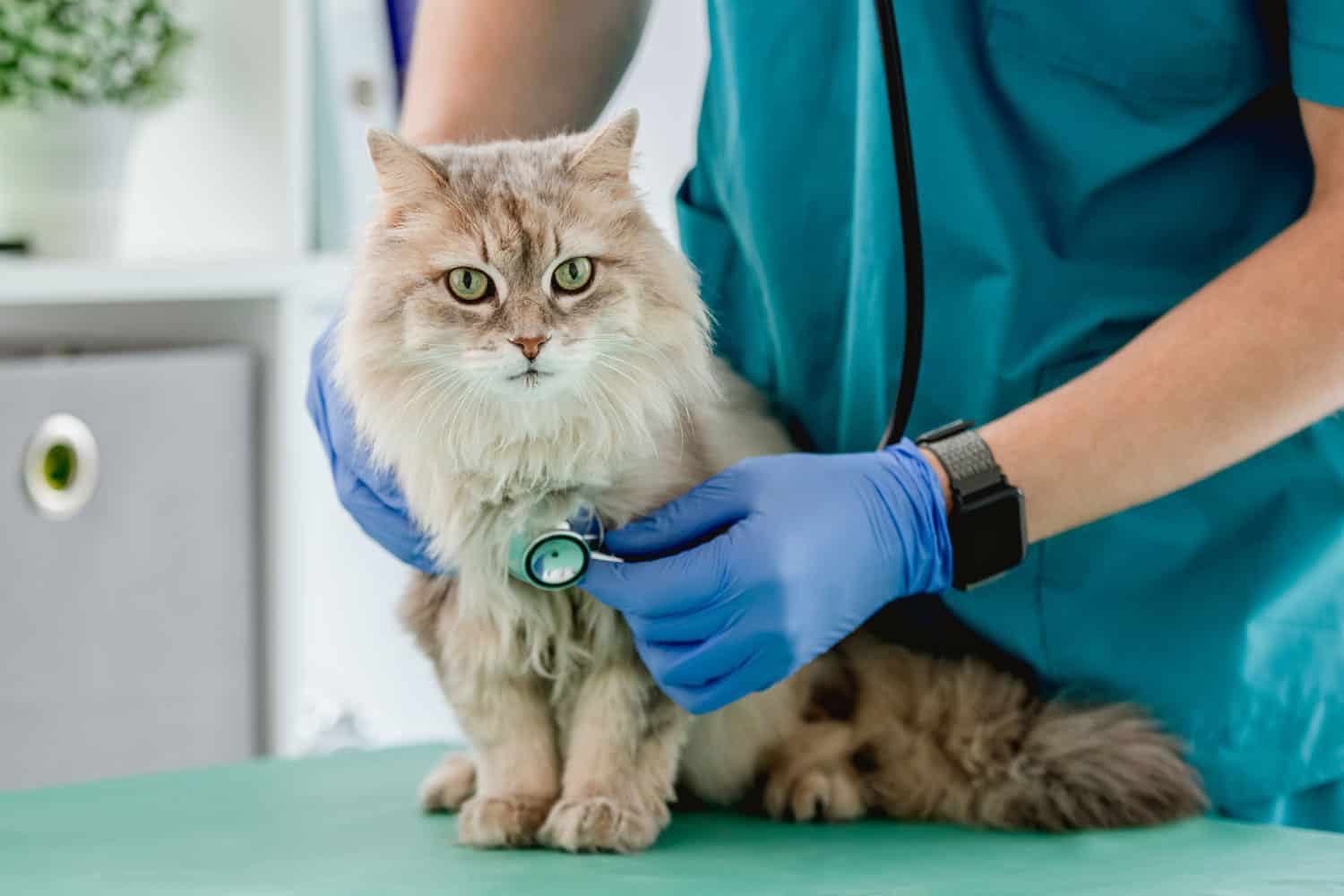
- Palpation: By gently touching your cat's abdomen, your vet can feel the liver and determine its size.
- Visual Examination: Your vet will inspect your cat's gums, eye membranes, and other tissues for signs of jaundice, which may indicate liver issues.
- Ultrasound: This non-invasive imaging technique allows your vet to examine the liver's internal structure for any abnormalities.
- Biopsy: Your vet may take a sample of liver tissue for further analysis under a microscope.
SIGN UP FOR THECATSITE'S EMAIL UPDATES >
Considering The Big Picture
In addition to these tests, your vet takes into account your cat's age, overall health condition, and any changes in appetite, eating and drinking habits, as well as behavioral changes.
They may also inquire about your cat's diet. I
It's important to note that while blood tests provide valuable information about liver function, they are just one piece of the puzzle. Results alone may not provide a definitive diagnosis.
Liver Enzymes Commonly Tested In Cats
Liver function blood tests typically cover specific enzymes that indicate liver health.
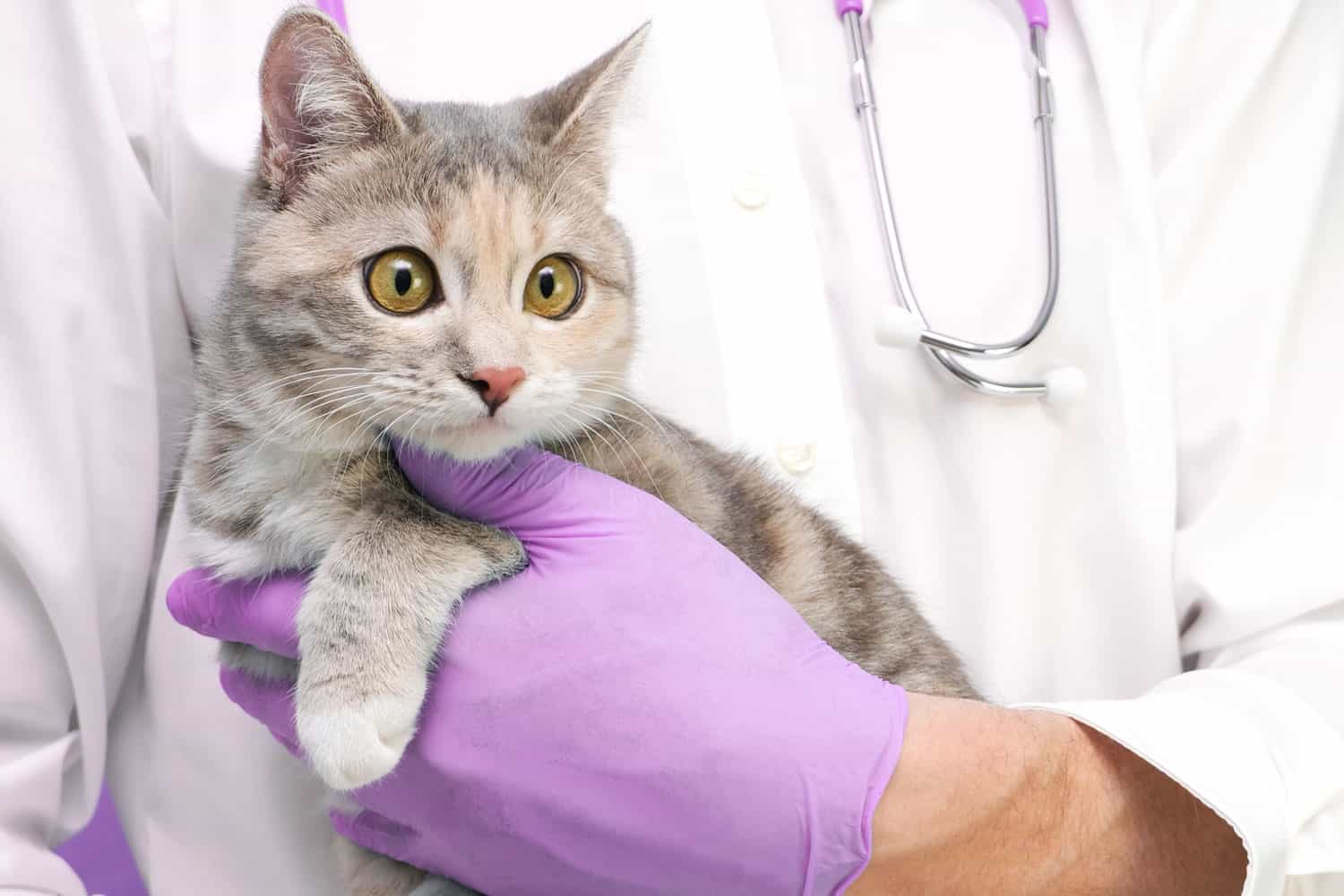
Although not all in-house analyzers include every enzyme, they offer faster results within 10-15 minutes compared to the 24-hour wait for other tests.
According to Dr. Miller, a liver functions blood test typically includes the following enzymes:
1. Gamma-Glutamyl Transpeptidase (GGT)
GGT is often elevated in any liver disease but is markedly elevated in hepatic lipidosis.
2. Alanine Transferase (ALT)
ALT is particular to leaking, damaged liver cells, but is otherwise pretty non-specific.
3. Alkaline Phosphatase (ALP)
ALP is fairly specific for biliary (bile ducts and gallbladder) damage in the cat, but it can come from the tiny bile ducts in the liver or the gallbladder and large ducts outside the liver.
4. Aspartate Aminotransferase (AST)
AST can be more sensitive in cats for some types of liver disease, such as the granulomatous inflammation found in FIP, but it is also produced by muscle damage.
Additionally, the blood test includes bilirubin, a product of hemoglobin breakdown that becomes part of bile. Increased bilirubin levels cause jaundice in cats.
However, Dr. Miller advises against assuming that jaundice indicates liver disease alone, as it may have other causes, such as red blood cell disease.
A Broad Spectrum Of Possible Causes
According to Dr. Miller, the results can be indicative of many conditions.
It's important to look not just at the separate figures, but at the ratios between them and the overall pattern they create.
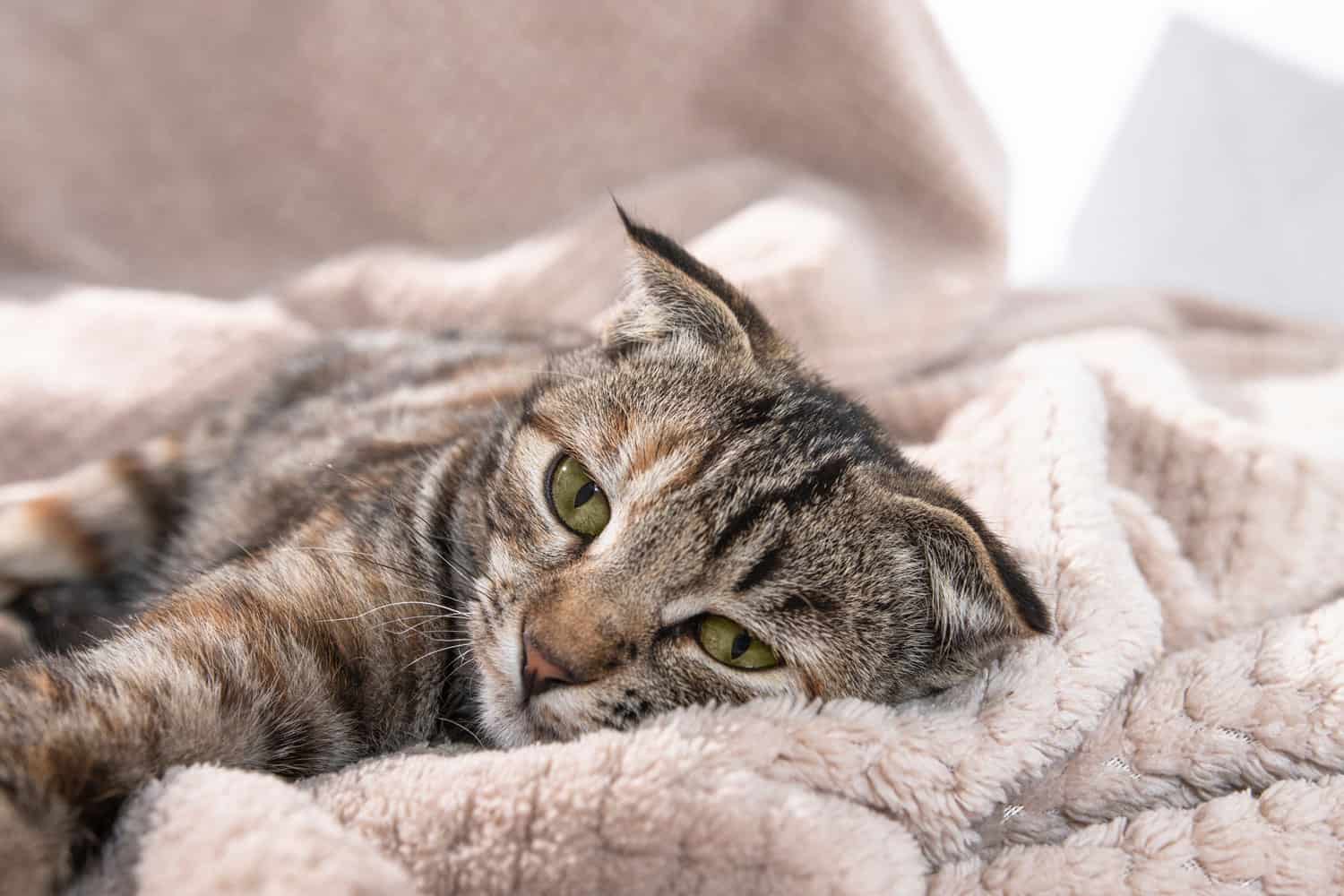
The range of potential health conditions leading to increased liver enzyme counts is extensive. Here are some common culprits:
- Hepatic lipidosis
- Cholangiohepatitis
- Biliary obstruction
- Inflammatory bowel disease (triaditis)
- Pancreatitis
- Lymphoma
- Endotoxin producing infections
- Hepatitis (there are different types of hepatitis)
- Biliary stasis
- Septicemia
- E. coli enteritis
- Hyperthyroidism
Interestingly, the source of the problem may not always be the liver itself. At times, enzymes originate from other organs that produce the same enzyme.
Considering Less Troublesome Scenarios
Benign elevation of enzymes is uncommon in cats, as highlighted by Dr. Miller. However, there is an exception in the case of elevated levels of ALP (Alkaline Phosphatase) in kittens.
This benign finding can occur due to rapid bone growth since osteoblasts, cells involved in bone formation, also produce ALP.
Medications And Enzyme Elevation
Certain drugs have the potential to increase enzyme levels. If this occurs, your vet may recommend discontinuing the medication.
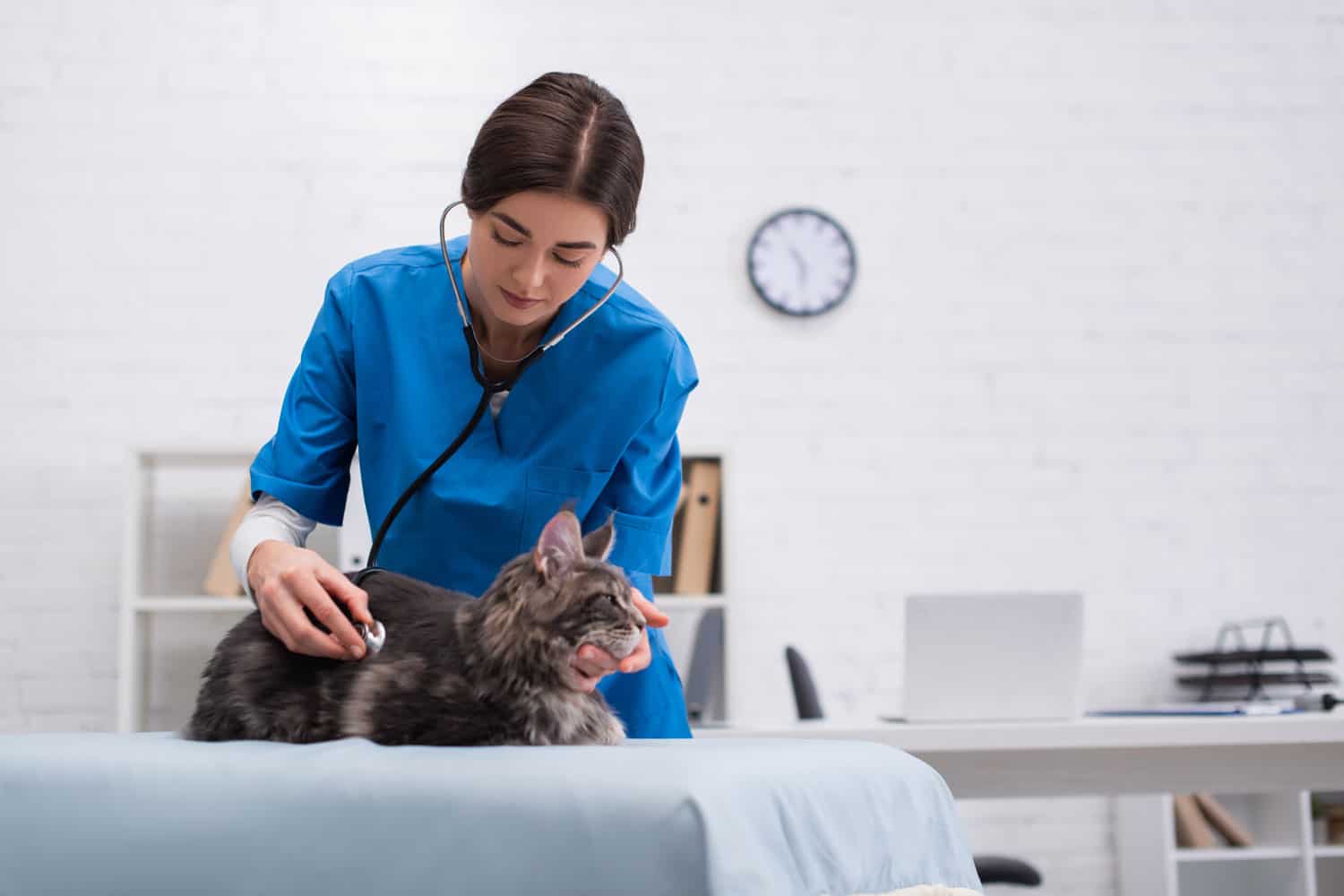
However, it's crucial to consult your vet before making any changes to a prescribed treatment, as the benefits of the drug may still outweigh potential risks in certain situations.
Prognosis For Elevated Liver Enzymes In Cats
The prognosis -- or expected outcome -- depends on the actual diagnosis, which is based on your vet's overall assessment of the cat. Dr. Miller has encouraging words for you:
"The liver is an amazing organ with a lot of different functions, and it is remarkably good at repairing itself when damaged.
While cats that have liver disease can look like they are dying (or want to die), given enough supportive care and specific treatment, most survive and become healthy again."
The diseased liver brings about a loss of appetite, but things will only worsen without food. That's why helping the liver to heal may include tube feeding, a procedure that scares many owners.
Dr. Miller cautions against opting for force-feeding instead of tube feeding, saying it could lead to long-term food aversion.
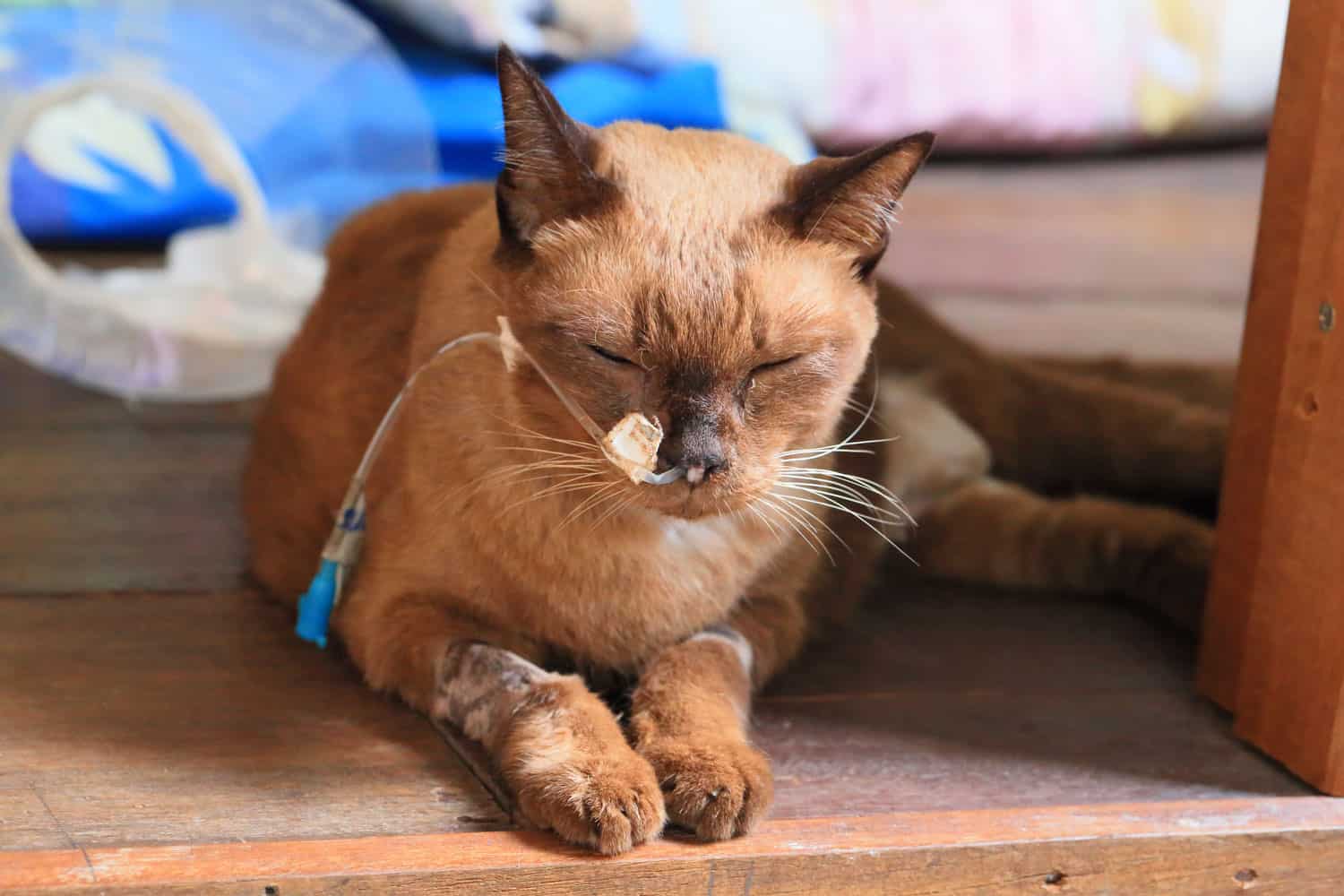
"Feeding tubes are quickly and easily placed and allow all food and medications to be given without stress to the cat," she says.
What You Should Do
Elevated liver enzymes in cats are not the end of the world but are an indication that something is wrong.
The results of the blood tests require expertise and experience to decipher, as the overall pattern and ratio between the various enzymes need to be taken into account.
You have to work with your veterinarian on getting a proper diagnosis. It may take further testing and some time, but it is the key to getting your cat better.
As always, if you don't feel comfortable with the medical care given to your cat, it's perfectly ok to seek a second opinion, preferably from a feline specialist.
SIGN UP FOR THECATSITE'S EMAIL UPDATES >
Countless cats have endured and triumphed over liver disease. To find support and connect with fellow cat lovers, share your experience in our cat health forum.
Together, we can navigate this challenging path and provide the best care for our feline companions. So share this article with others by pinning the image below on your social media accounts.
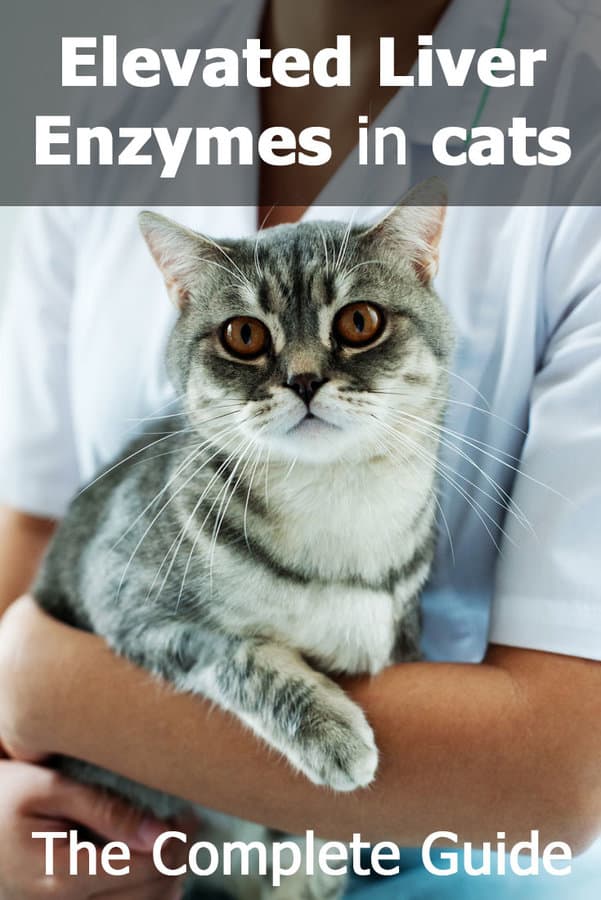
You might also like:
How To Choose The Best Veterinarian For My Cat?
When You Can’t Afford A Veterinarian
Note: We may get commissions for purchases made through links on this page.


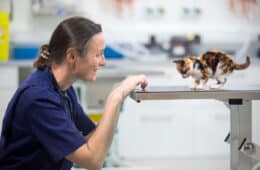

35 comments on “Elevated Liver Enzymes In Cats – Should You Be Worried? [Complete Guide]”